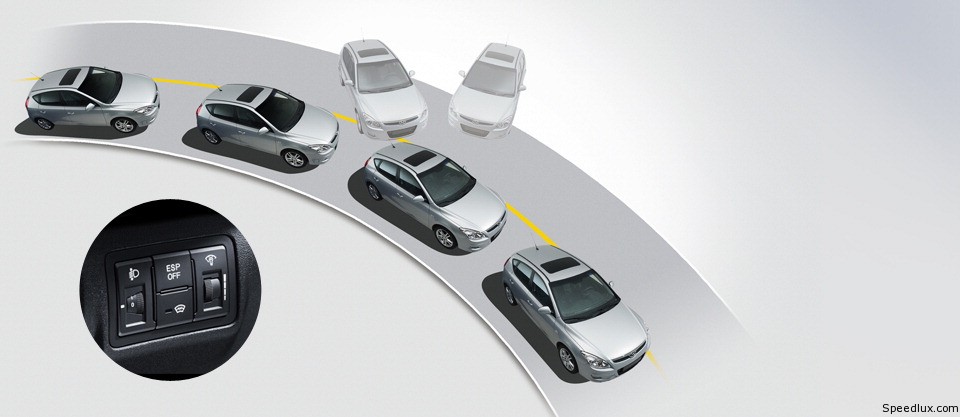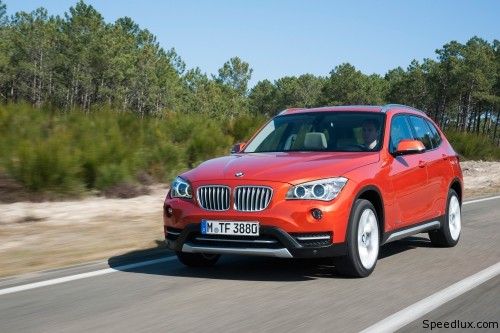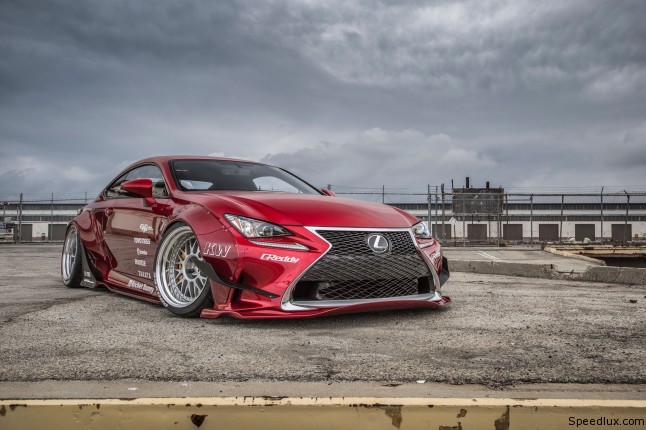Now Reading: All Cars in Europe Must Now Have ESP Available
-
01
All Cars in Europe Must Now Have ESP Available
All Cars in Europe Must Now Have ESP Available

An official announcement has just come in from the European Union regarding safety driving. According to the EU, for cars that are to continue to be sold over the old continent, each and every single one of them will have to have the feature known as the ESP. For those without the knowledge, ESP stands for Electronic Stability Program. This seems to be a very wise move from the EU in terms of assuring people’s safety while they are riding in a car.
As pointed out by Gerhard Steiger, the person who is in charge of the Chassis Systems Control division at the German company Bosch, ESP had actually saved over a thousand lives and prevented no less than thirty thousand car crashes back in the year 2011 and this was in the European states alone. Back then, there were 25 states altogether in the European continent. Steiger is not saying nonsense here because he refers to the studies that were once conducted by Bosch.
ESP enables a vehicle to make twenty five calculations in a second in order to determine whether the car is still moving in the desired direction or if the driver has come to the condition of either over- or under-steer. If the car happens to experience any of the latter conditions, the ESP sensors will take over certain components of the vehicle. This may result in decreased torque of the engine, for starter. Yet, if that is not sufficient, the ESP system will apply braking to individual wheels where necessary, in the effort to counteract the condition, making sure that the vehicle stays on track.
Although the EU has just started making it a necessity for cars to be equipped with the ESP feature, this regulation has actually been implemented in both Canada and the United States of America ever since September 2011. In Europe, this regulation currently applies to lightweight commercial vehicles and passenger cars whose weight is not more than 3.5 tons. Yet, in Canada and the USA, the regulation applies to all vehicles that weigh in at 4.5 tons or less. As it turns out, ESP is mandatory in several other countries as well, including the South Korea, Russia, Turkey, Israel, Australia and Japan.
Stay Informed With the Latest & Most Important News
Previous Post
Next Post
-
 01Polestar Boss Says It’s Time To Outrun BMW M And Mercedes-AMG
01Polestar Boss Says It’s Time To Outrun BMW M And Mercedes-AMG -
 02Spy Shots: 2027 Mitsubishi Pajero Spotted in Testing Ahead of Possible U.S. Return
02Spy Shots: 2027 Mitsubishi Pajero Spotted in Testing Ahead of Possible U.S. Return -
 032026 Toyota Hilux EV: A Powerful Truck with Silent Torque
032026 Toyota Hilux EV: A Powerful Truck with Silent Torque -
 04Spy Photos: VW ID. Polo GTI Goes Electric with 223 HP and 280 Miles of Range
04Spy Photos: VW ID. Polo GTI Goes Electric with 223 HP and 280 Miles of Range -
![2027 Mercedes-Benz S-Class Debuts with V8 Engine [Photo Gallery]](https://speedlux.com/wp-content/uploads/2026/01/2027-Mercedes-Benz-S-Class-33-155x125.jpg) 052027 Mercedes-Benz S-Class Debuts with V8 Engine [Photo Gallery]
052027 Mercedes-Benz S-Class Debuts with V8 Engine [Photo Gallery] -
 06Hyundai Palisade’s Breakout Year Shows How Quickly the Market Can Turn
06Hyundai Palisade’s Breakout Year Shows How Quickly the Market Can Turn -
 07The Controversial Ford Voodoo V8 That Was Killed Off Too Early
07The Controversial Ford Voodoo V8 That Was Killed Off Too Early



![2027 Mercedes-Benz S-Class Debuts with V8 Engine [Photo Gallery]](https://speedlux.com/wp-content/uploads/2026/01/2027-Mercedes-Benz-S-Class-33-700x394.jpg)








































